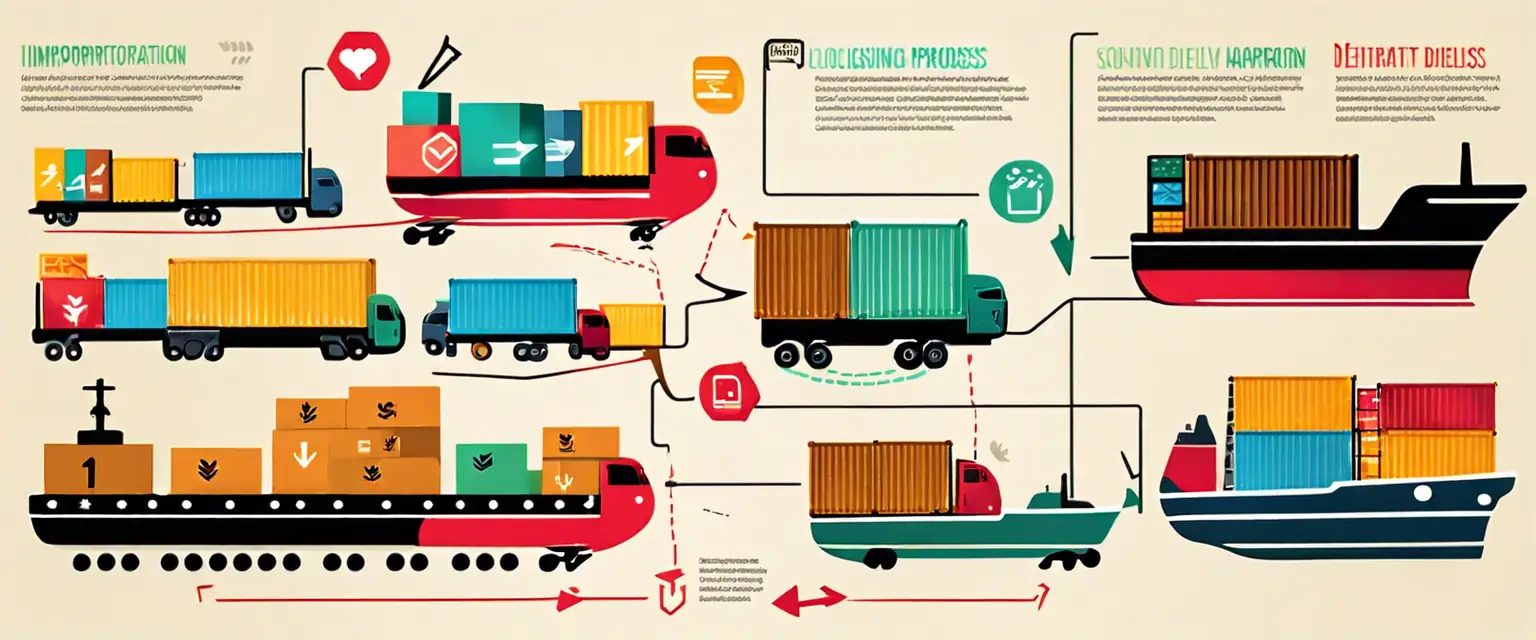Logistics is a fundamental component of the importation process that can greatly influence overall success. Efficient logistics management ensures that products are transported smoothly from manufacturers to end customers. This involves coordinating various elements such as transportation, warehousing, and distribution. By optimizing logistics, companies can reduce costs and improve delivery times, ultimately enhancing customer satisfaction.
One of the key challenges in logistics is managing the complexities of international shipping. Factors such as customs regulations, shipping routes, and transportation modes must be carefully considered. Companies that invest in robust logistics strategies can navigate these challenges more effectively. This not only helps in meeting customer expectations but also strengthens the company’s competitive position in the market.
Furthermore, technology plays a crucial role in modern logistics. Utilizing software solutions for tracking shipments and managing inventory can streamline operations and provide real-time visibility. By embracing technological advancements, businesses can enhance their logistics capabilities and respond quickly to changing market demands. In conclusion, logistics is not just a support function; it is a critical driver of success in the importation industry.





